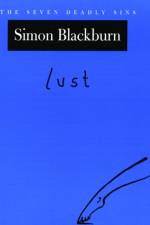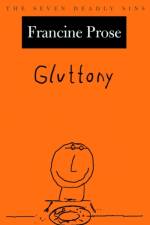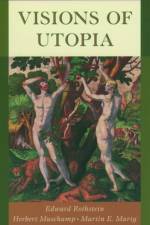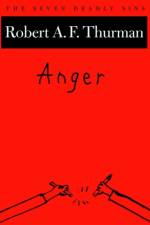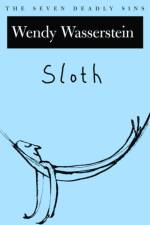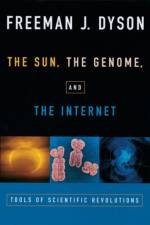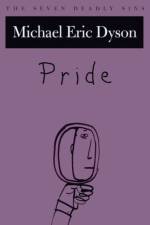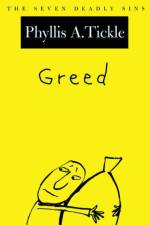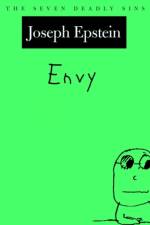- The Seven Deadly Sins
av Joseph Epstein
191
Malice that cannot speak its name, cold-blooded but secret hostility, impotent desire, hidden rancor and spite--all cluster at the center of envy. Envy clouds thought, writes Joseph Epstein, clobbers generosity, precludes any hope of serenity, and ends in shriveling the heart. Of the seven deadly sins, he concludes, only envy is no fun at all. Writing in a conversational, erudite, self-deprecating style that wears its learning lightly, Epstein takes us on a stimulating tour of the many faces of envy. He considers what great thinkers--such as John Rawls, Schopenhauer, and Nietzsche--have written about envy; distinguishes between envy, yearning, jealousy, resentment, and schadenfreude ("e;a hardy perennial in the weedy garden of sour emotions"e;); and catalogs the many things that are enviable, including wealth, beauty, power, talent, knowledge and wisdom, extraordinary good luck, and youth (or as the title of Epstein's chapter on youth has it, "e;The Young, God Damn Them"e;). He looks at resentment in academia, where envy is mixed with snobbery, stirred by impotence, and played out against a background of cosmic injustice; and he offers a brilliant reading of Othello as a play more driven by Iago's envy than Othello's jealousy. He reveals that envy has a strong touch of malice behind it--the envious want to destroy the happiness of others. He suggests that envy of the astonishing success of Jews in Germany and Austria may have lurked behind the virulent anti-Semitism of the Nazis. As he proved in his best-selling Snobbery, Joseph Epstein has an unmatched ability to highlight our failings in a way that is thoughtful, provocative, and entertaining. If envy is no fun, Epstein's Envy is truly a joy to read.

